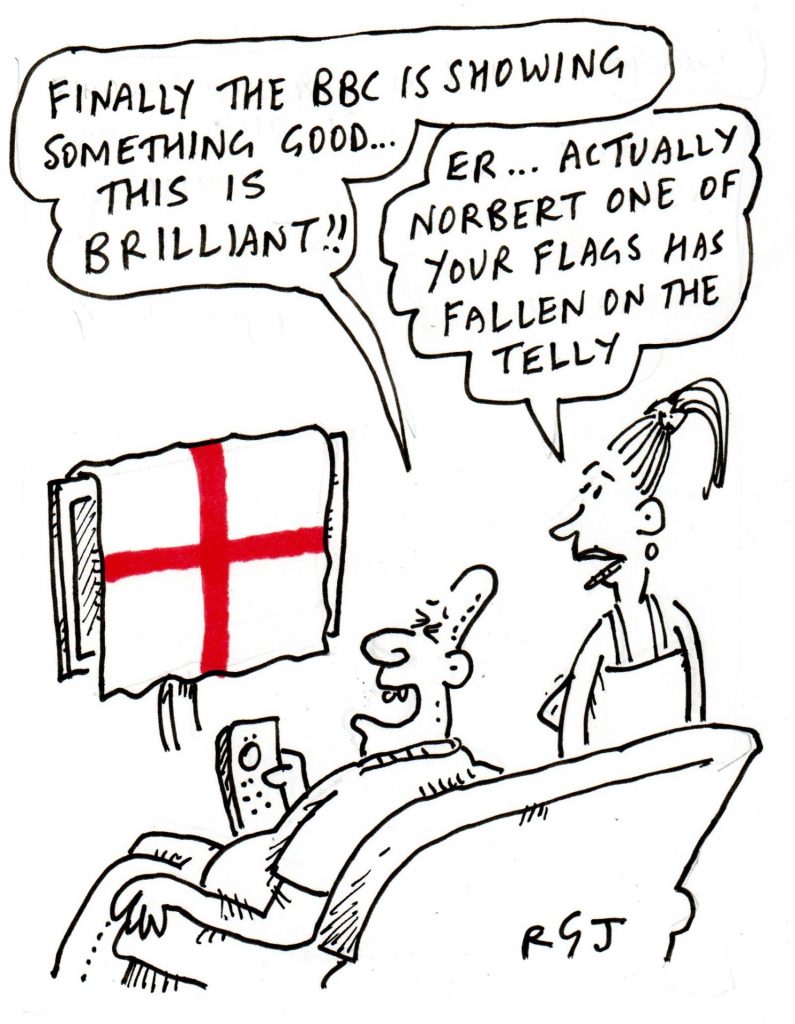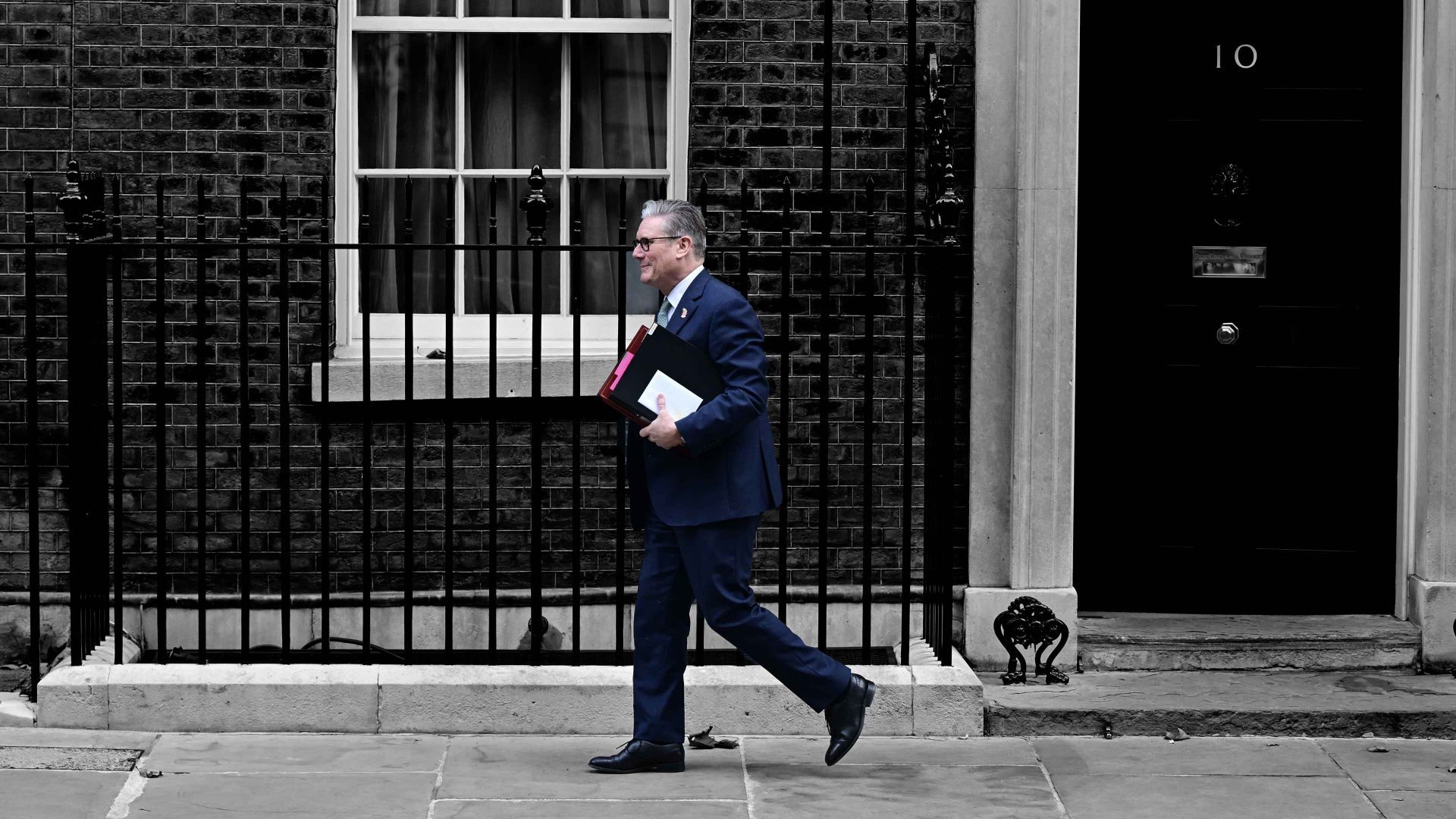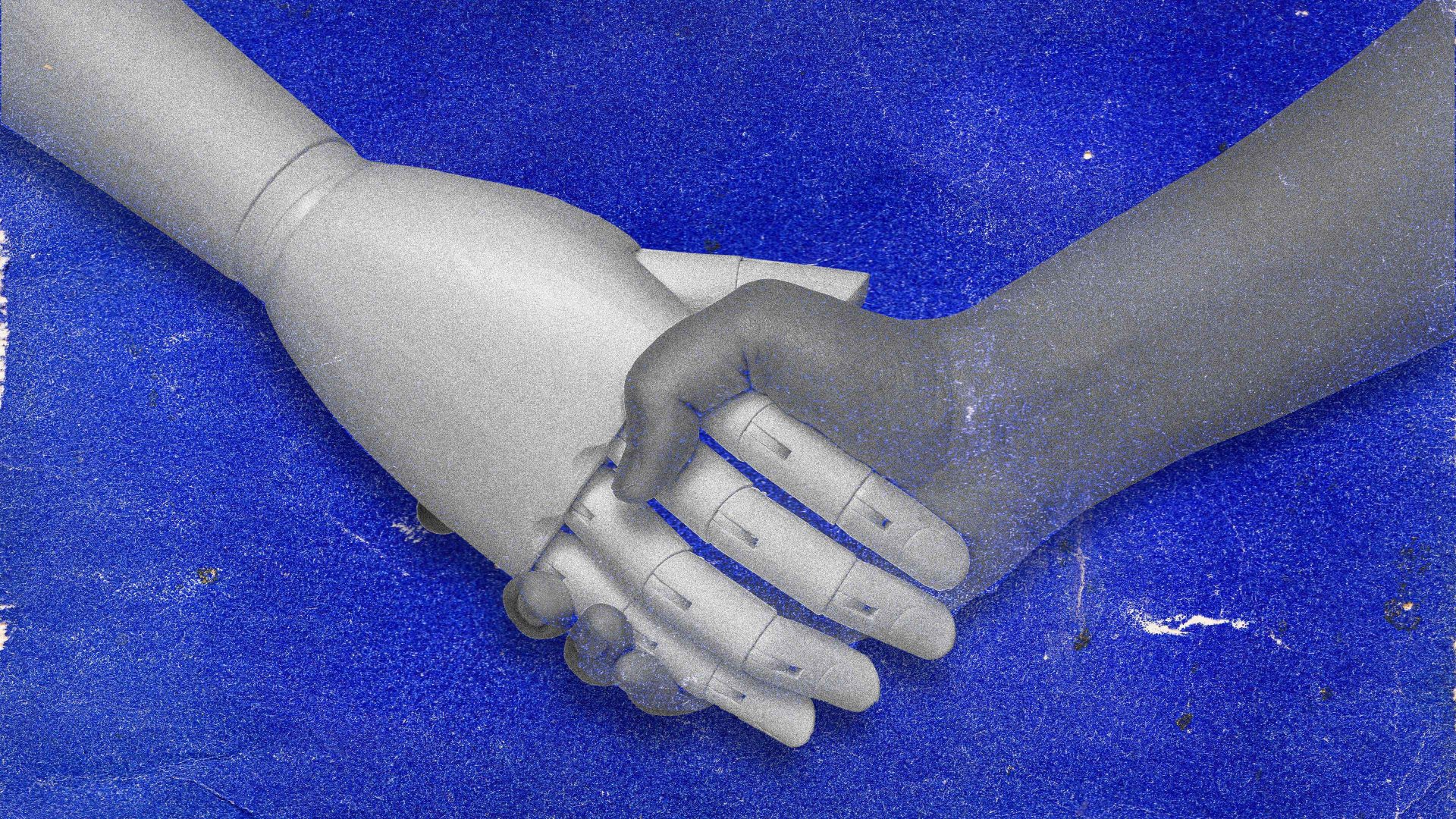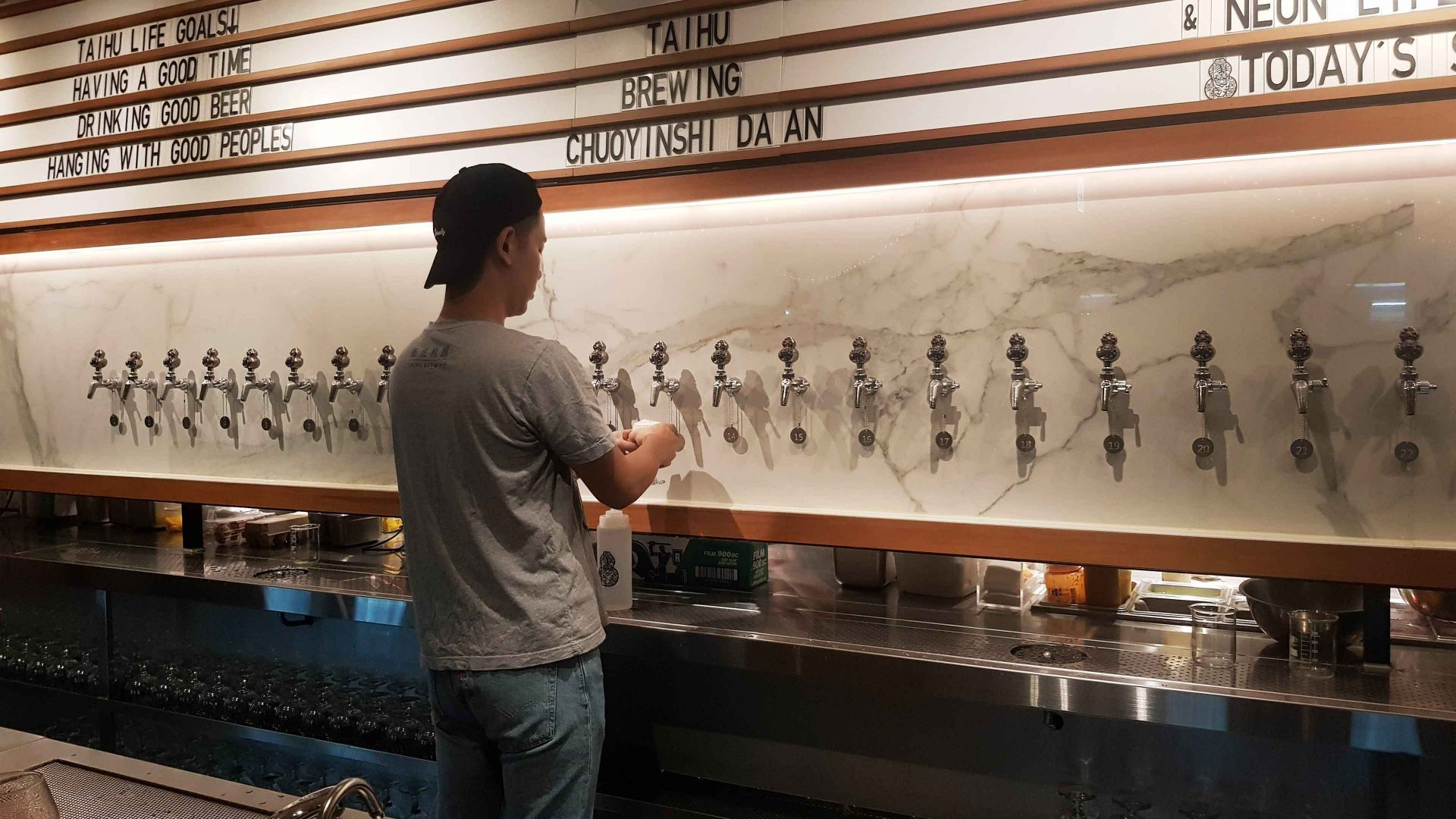It is doubtless the lifelong Labour tribalist in me that means I have been continuing to say, whatever the faults of the current government, that it is ludicrous that Keir Starmer has gone from landslide high to record low satisfaction ratings in little over a year.
I said exactly that, for example, at a conference of Cosla, “the voice of Scottish local government”, where council leaders and officials from all over Scotland met for their annual gathering. When I asked for a show of hands on whether people felt the Labour government had performed 1, as expected, 2, better than expected, or 3, worse than expected, not a single hand was raised for 1 or 2, whereas a forest of hands went up for 3. This was all the more stunning given that some of the people in the room were Labour councillors.
In the Q&A, a man from Glasgow City Council said he was “surprised that you’re surprised” at the collapse in support for Labour. “If you win a landslide by promising change, and the change either doesn’t come, or the change that does come is not the change people wanted, is it not obvious this would happen?”
Of course, though I still find it harsh that Starmer is viewed by anyone as worse than Boris Johnson or Liz Truss, the man from Glasgow has a point. What has definitely struck me in recent days, doing even more public events than usual, is how many people are expressing similar disappointment. The danger for Labour is that this cements itself into a settled view.
The worst thing about the recent kerfuffle over briefings against Wes Streeting, which provoked a full-on frenzy amid talk of leadership challenges, followed by the hokey-cokey over possible rises in income tax, is that it all makes the government seem as bad as the last lot – chaotic, incoherent, with too many people seeing politics as a game for the Westminster village.
We live in a media world addicted to frenzy, which prefers scandal and personality spats to serious policy and important trends; a world in which since the invention of the iPhone in 2007 we have had seven prime ministers, whereas the seven PMs before that lasted 43 years between them.
When poll ratings are as bad as Labour’s and Starmer’s, there will inevitably be leadership chatter. The challenge for everyone in government in such circumstances is to govern better, not play the media game for them.
There are too many people in government who seem to think they are the stars of an episode of The West Wing or House of Cards. Last week was more like The Thick Of It, just a lot less funny.

The COSLA conference was in St Andrews, so needless to say, the draw of the deep blue sea proved irresistible, despite the cold and the wet. As I emerged from the waves, a stone’s throw from where the famous Chariots of Fire beach running scene was filmed, I noticed an elderly woman, out walking her dog, peering in my direction.
“Ah, I thought it was you, Mr Campbell,” she said, as I shivered my way towards my towel. “I always thought you were a bit bonkers … now I know you are.”
St Andrews is surely one of the most beautiful university towns on earth, its population of more than 20,000 evenly split between locals and students. Possibly encouraged by the fact that Prince William and Kate Middleton are St Andrews graduates, there are a fair few children of the world’s monarchs, moguls and multi-millionaires studying there.
A taxi driver told me of a colleague, one of whose student clients paid him a generous four-figure sum to drive her dog to the south of France to accompany her on holiday. Apparently the dog had a fear of flying, even on the private jet she took to Nice! Inequality rules!
The reason I’ve been speaking to a lot of audiences is that in addition to my usual clutch of schools, charities and businesses, Rory Stewart and I did five The Rest Is Politics live shows last week, from Bournemouth to Manchester, via London and Glasgow. We went a bit more mod con than last year, with technology that allowed us to do instant polling of the audience.
Yet more of the disappointment factor re: Labour, I’m afraid, and as to the question, “who is more likely to be prime minister after the next election, Keir Starmer or Nigel Farage?” the 50-50 outcome over the week would probably please Reform more than Labour.
On a happier note, we had a vote as to who would make a better director-general of the BBC, Rory or me, and I won by 53-47. I certainly think I would do a better job standing up for BBC values, and against Donald Trump’s mafia-style bullying and post-truth intimidation than some of the names in the frame, or indeed the current dreadfully weak chairman. (NB he DID incite the January 6 riot, oh, and by eight to two, our audiences agreed with the proposition that Trump was building a fascist USA).
Before the headhunters come calling, though, I must make clear that one of my conditions for taking the job is that Tory propagandist and GB News co-creator “Sir” Robbie Gibb leaves the board. He should never have been there in the first place, and only a politician as venal and unserious as Boris Johnson would have installed him.
Gibb has been a malign force, the consequence of whose “work” inside the BBC has been to reduce its standards and morale and now, through his role in the right wing stitch-up that led to Tim Davie’s resignation as DG, its global reputation.
I had my fair share of run-ins with the BBC, one of which led to the Hutton Inquiry and the subsequent resignation not just of then-DG Greg Dyke, but the chairman, Gavyn Davies, too. Unlike those seeking to defund and castrate the BBC now, however, my dispute was over one story, by one journalist, a friend of Johnson, equally dishonest, and who, like Gibb, should never have been on the BBC payroll.
Through it all, I was a believer in the BBC, its positive role in our national life, and in our global reputation. Certainly, when it comes to a question of who to believe and support, Donald Trump and Fox News, or the BBC, I know where I stand.
Though Rory might have been disappointed to miss out in the director-general vote, he pipped me at the next show at the Hammersmith Apollo, when we asked which of us would be a better traitor in the TV show everyone seems to be talking about – well done BBC – Celebrity Traitors.
Virtually all of the 2,500 audience seemed to have been watching Traitors, whereas neither Rory nor I had seen a single second of it, which meant we didn’t really know if it was a good thing or a bad thing to be considered a good traitor. “Sounds bad, no?” asked Rory.
Then, there were audible gasps in the audience when we revealed that we had both been asked to take part, and had said no. By three to one, the audience voted in favour of us taking part if invited again next year.
Neither of us being populists, however, we warned them to prepare for disappointment. The public isn’t always right, you know. I mean, I am guessing some of them voted for Brexit, too.




